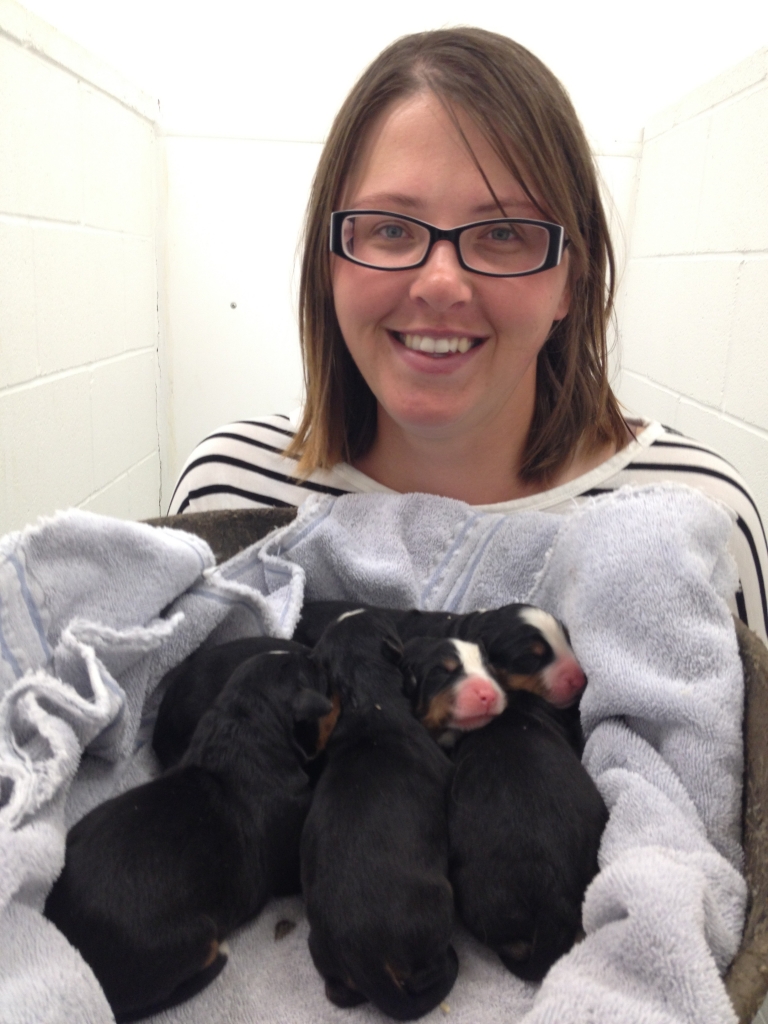202 Burnt Ridge Road, Red Deer, AB, T4S 0K6 | (403) 347-1711
|
Alberta Veterinary Center
(403)347-1711
albertavetcenter.ca
|
Vaccination in the Healthy Dog and Cat
PuppiesPuppies should receive their first vaccination between 6 and 8 weeks of age, as this is when their maternal antibodies naturally begin to wane. Their second vaccine should be given 3-4 weeks after the initial vaccine (between 10 and 12 weeks of age), where a third booster should be given between 14 and 16 weeks of age. At this third visit, the puppy will also receive their initial rabies vaccine. What do we vaccinate Puppies against?Distemper: A highly contagious and often fatal virus, Distemper spreads through droplets in the air and affects the respiratory, gastrointestinal, and nervous systems. Adenovirus: Type 1 is easily contracted from contaminated fluids, infections can cause fever, vomiting, and diarrhea. This disease spreads to the liver, kidney, and eyes causing severe damage, and in some cases death. Type 2 is spread through droplets in the air, common symptoms often include cough, diffculty breathing, fever, poor appetite, and lung infection. In serious cases, severe pnuemonia can occur leading to death. Parainfluenza: Spread through droplets in the air, common symptoms often include cough, difficulty breathing, fever, poor appetite, and lung infection. This disease can become more severe with multiple infections, or in very young puppies. Parvovirus: Occuring when contaminated feces come in contact with a dog’s mouth or nose, symptoms include fever, vomiting, bloody diarrhea, and heart damage. Severe forms of this illness can lead to death. KittensHealthy kittens 12 weeks or older should receive two doses of vaccine, administered 3-4 weeks apart. If the kitten is younger than 12 weeks of age upon initial vaccination, a three dose regimen should be followed. At the 16 week old visit the kitten will receive the initial rabies vaccine.
|


